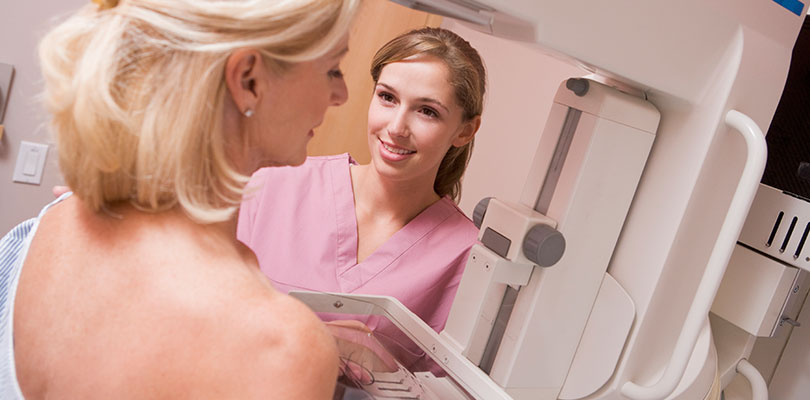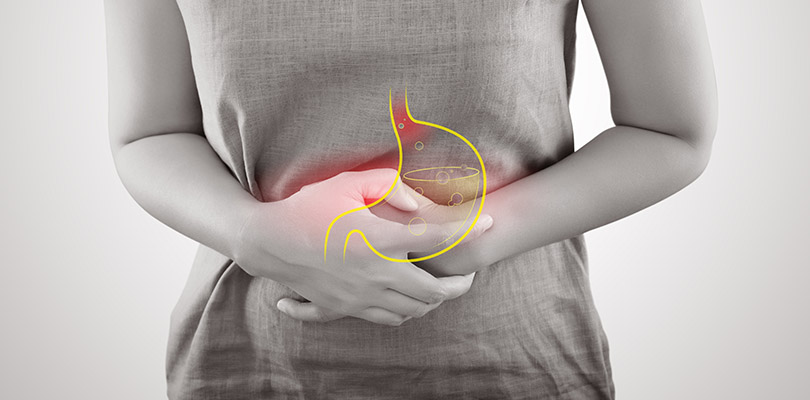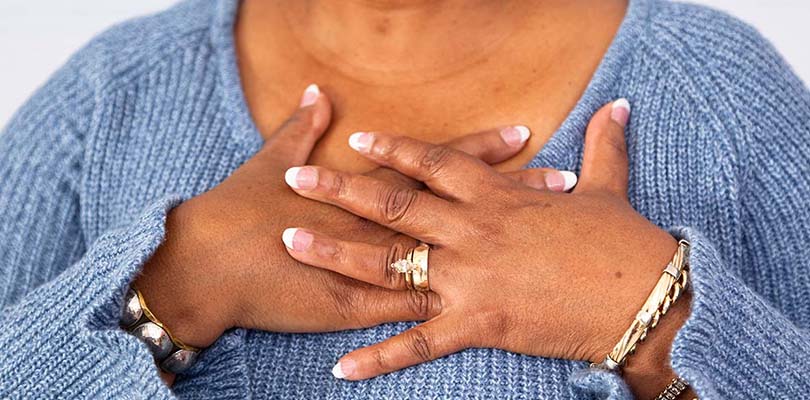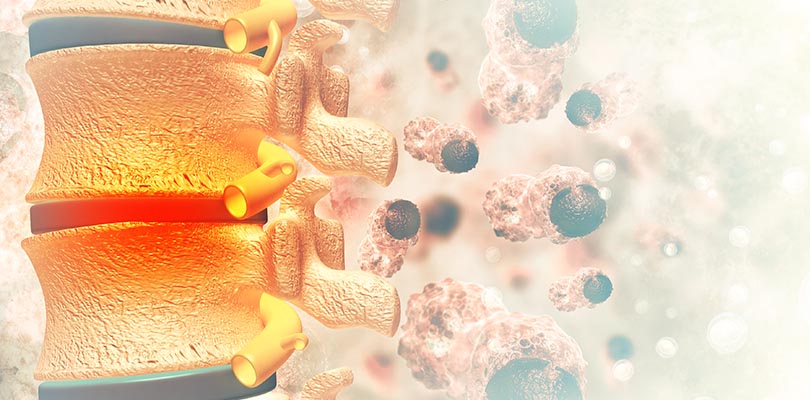
Photo Credit: monkeybusinessimages / istockphoto.com
4. You're More Likely to Get Cancer If It Runs in Your Family
Although there is certainly a genetic aspect to cancer, it may not be as significant as you think. Only 5 to 10% of cancers are hereditary, meaning there is a clear pattern of genetic mutations passed down from parent to child that will likely lead to cancer. In this cases, several family members will typically develop the same type of cancer.
In the other 90 to 95% of cancers, the mutations that lead to the growth of cancer cells are triggered by environmental factors and aging, or a combination of genetic predisposition and non-hereditary influences. Just because someone in your family contracted cancer does not mean you are also destined to develop it.
A cancer diagnosis carries huge amounts of emotional weight; fear grows like weeds in a garden. Stress and cancer has a large impact on your mental health.







